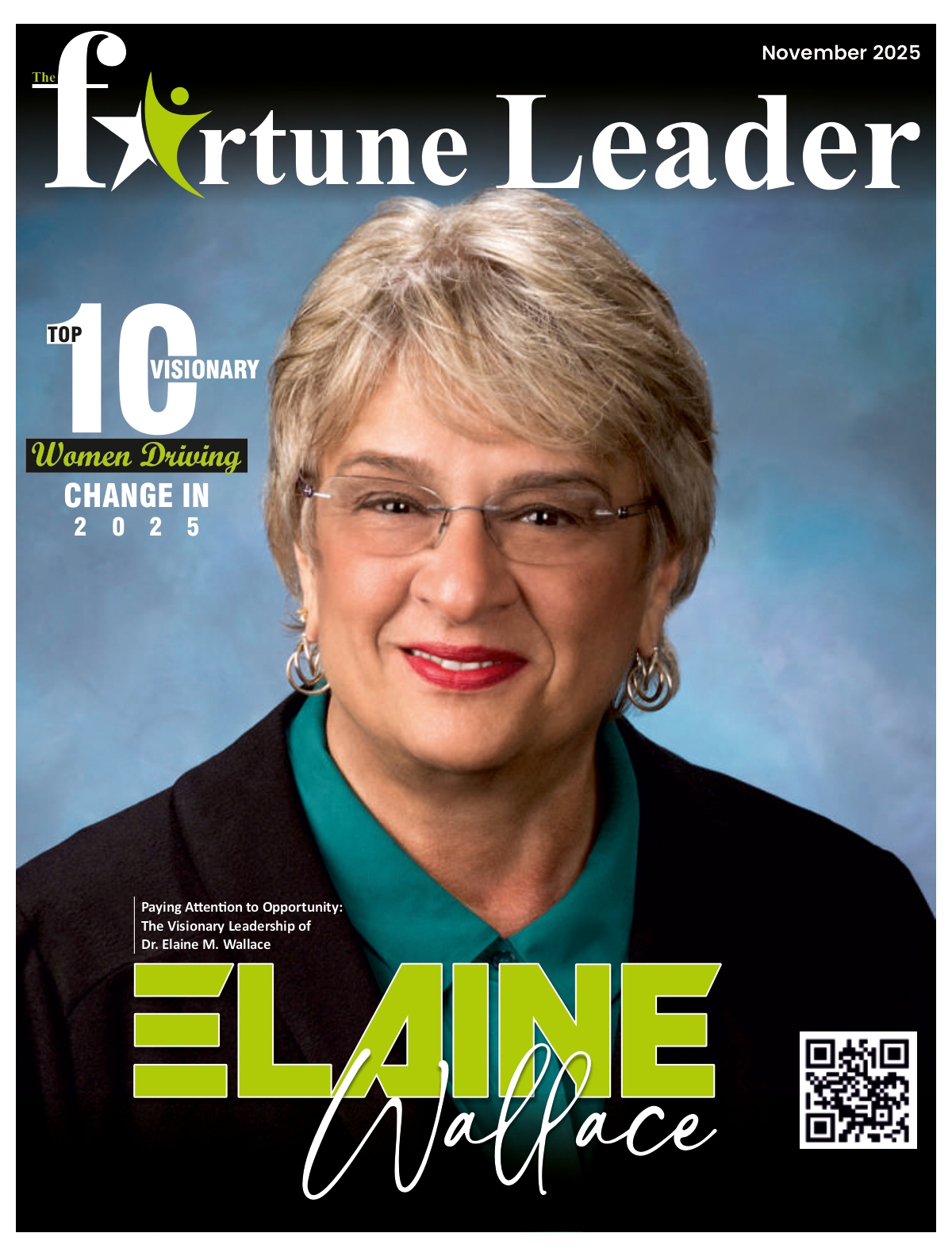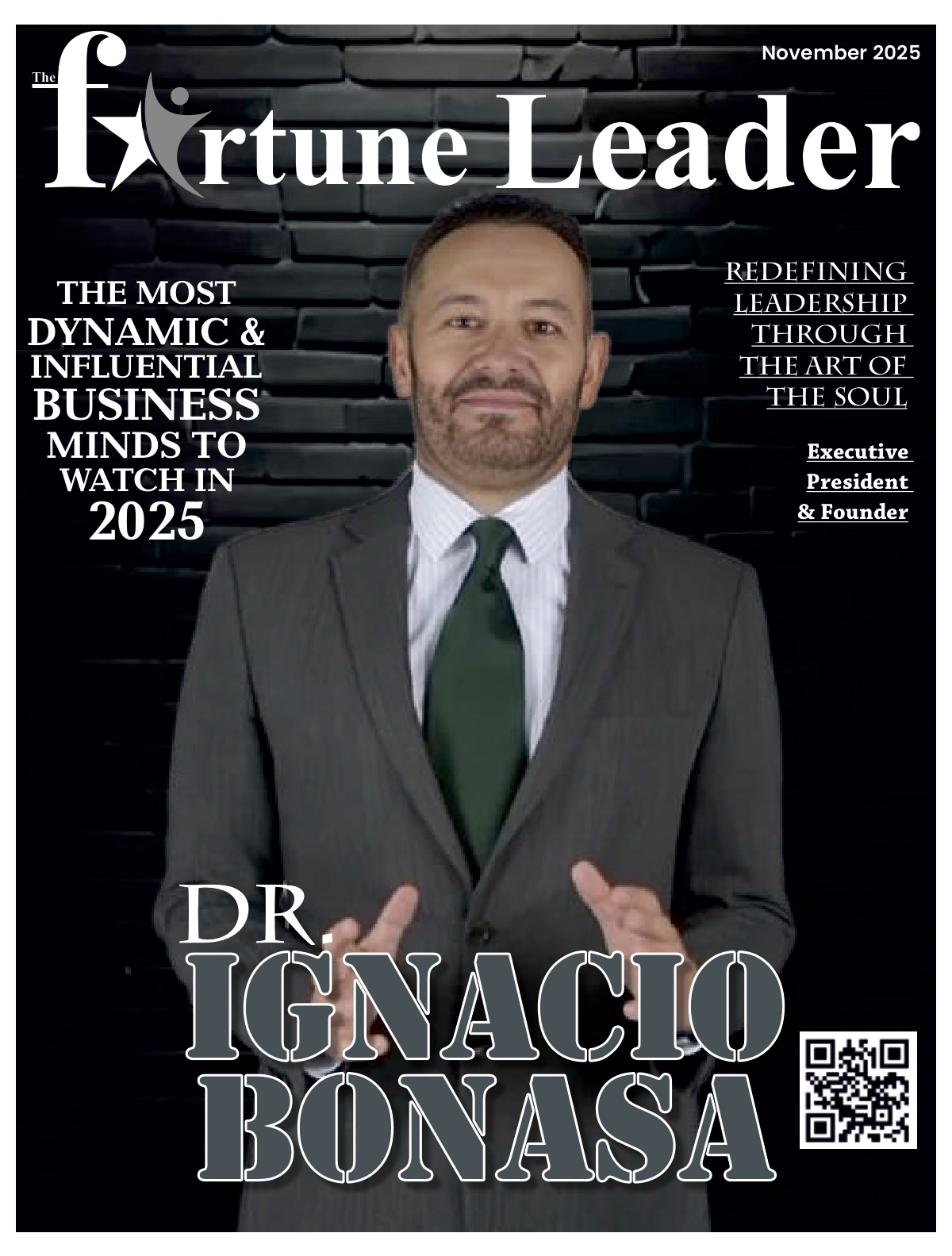Scandals that involve corporations can result in more than just financial losses; they can also ruin reputations that have been built up over the course of decades. Currently, when there is a greater emphasis on openness and accountability, scandals that involve corporations can result in more than just financial losses. Corporate crime continues to be one of the most severe and pervasive challenges to the legitimacy of companies, and there is no doubt that this is the case. This problem involves a wide variety of activities, ranging from improper management of financial resources to violations of regulatory requirements. The good news is that companies can make the transition from being reactive to being proactive by implementing measures that discourage inappropriate activity before it escalates to a more serious level. The transformation that can be affected is what is described here.
The first thing that needs to be done to start the process of preventing criminal behaviour within businesses is to build a culture that places heavy emphasis on accountability and compliance. The fact that employees follow the signals that they receive from leadership makes it necessary for chief executive officers to demonstrate integrity and to take responsibility for the obligations that they assign to their staff. Several strategies are available to ensure that members of the organisation are aware of the ethical requirements that are expected of them. These strategies are designed to ensure that members are aware of the commitments that they are expected to fulfil. Codes of conduct, ongoing training, and open communication lines are some examples of these.
It is imperative that the evaluation of risks be not disregarded because it is yet another essential component of prevention. Companies that conduct frequent audits of their operations and identify vulnerabilities are in a better position to eliminate gaps by filling them before they become liabilities. This is because they are in a better position to discover weaknesses. This enables the companies to close any holes in their operations before they become liabilities. Proactive oversight helps reduce the chance of unethical behaviour by monitoring financial transactions and evaluating the risks connected with supply chain operations. This can be accomplished in several different ways. A variety of approaches are available for achieving this goal.
It is essential for companies to treat compliance not as a simple obligation that consists of checking off boxes, but rather as a strategic benefit that can be leveraged to their advantage. Compliance is advantageous to companies for a variety of reasons, which is why it matters. Customers, investors, and partners are more likely to have faith in a brand when it has a reputation for being accessible and accountable to its stakeholders. This makes it more likely that other stakeholders will have faith in the brand. Because of the trust that we have in one another, we can improve our position in the market and keep our resilience throughout the course of a longer period.
The prevention of corporate crime is not only about avoiding controversies; it is also about protecting the equity of the brand. When it comes down to it, this is the most important aspect of the matter. Companies could safeguard their reputations and transform their integrity into a competitive advantage when they include ethical practices into their business operations. This is since companies have the power to generate a competitive edge by transforming their level of integrity.
Freelancers who work independently are afforded the foundation of security in the form of contracts that are draughted in a manner that is not only understandable but also uncomplicated. Freelancers can produce a clear definition of the project scope, payment terms, and intellectual property rights by making use of resources such as template agreements that they have purchased from reputable platforms or legal libraries. Achieving this goal is possible through the utilisation of the resources. Because they lessen the risk of misunderstandings, having detailed contracts is not only beneficial for a freelancer because they lower the likelihood of misunderstandings, but they also strengthen the freelancer’s capacity to effectively enforce commitments.
When it comes to the process of conflict resolution, it is necessary to make sure that the availability of resources is not neglected. It is in the best interest of freelancers to educate themselves on arbitration contracts, mediation centres, and the procedures that are followed by small claims courts. This would be beneficial to them in the long run. Alternatives such as these, which offer procedures that are both time- and money-saving and cost-effective, can be utilised to resolve disagreements without resorting to drawn-out legal processes. This is possible because these alternatives offer alternative methods.
Individuals who are self-employed can not only protect themselves but also improve their professional status by acquiring expertise in the utilisation of these legal tools. This is because they could acquire this expertise. Independent workers can concentrate on their own personal development and creative aspirations when they have access to the resources they require and are certain that their legal basis is solid. This allows them to focus on their own personal progress and achievements.












